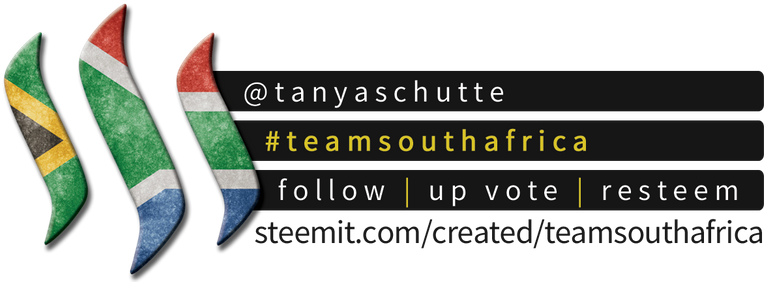
Have you ever felt angry?
Well, you might most likely ask me : "Duh, what are you talking about. I get angry every day."
But here is the catch: Through the years we have learned how to manage our anger.
Children don't know how to manage their anger, and when they are little they most likely can't comprehend that they are feeling angry. They don't always understand what they are feeling.
Teaching children what is anger.
Anger is when someone is very upset or mad at something, someone or a situation they experienced.
For the older children you can use a variety of words to explain anger with:

What makes me angry
It is important for children (and adults) to identify what makes them angry.
Here is a list of possible situations that can "push your buttons" the wrong way:

What do you do when you feel angry
Here is a little bit of a catch, and this is where we as teachers (and parents) come in. We have to teach our children the difference between feelings and behavior. Because they need to identify that they are feeling angry but they cannot behave in an angry manner by hitting someone
New kids centre also has three rules that they let children do when they feel angry
(This is the rules you can teach the learners they have to follow regarding how they behave when feeling angry,)
- Don't hurt others.
- Don't hurt yourself.
- Don't ruin things
http://www.newkidscenter.com/Anger-Management-for-Children.html

Take a time-out
When children are feeling angry it is imporant for them to learn to step back, calm down and refocus. Yes, it isn't always easy but here is how they can manage is.
- Remind yourself that it is not ok to hurt someone.
- Take 3 deep breaths, count t slowly to 10.
- Say how you feel and what you wish will happen. (How should the situation resolve itself)
This can be said to an adult. - Ask an adult to help you resolve your problem.
- Take time to calm down.
Helpful classroom tips.
1. Make an emotion meter for your class. Put all the children's names on clothes pegs. They put the pegs at the emotion that they are feeling. NOTE: They are free to change the emotion througout the day, just like there emotions change.

2. Have empty faces where children can draw their emotion.

3. Make this "I can cool off" flower(Found on pinterest)

4. Have these anger management cards at hand so learners can use it when they feel they need it.

You can download it free here: http://www.lizs-early-learning-spot.com/anger-management-23-calming-strategy-cards/
5. You can do these "Calm down yoga exercises" - Do it with your whole class and don't single out a learner.

6. Print out this poster for activities that children can do when they feel angry.

You can find it here: http://childhood101.com/9-calm-down-ideas-for-kids/
There are so many ways you can help learners manage there anger. These are only a few I have tried and tested with my classes.
Remember that sometimes their will be a deeper reason why children feel angry
- Something that happened at home.
- Something that happened at break time.
- Something that happened a long time ago.
If you ever think or have a gut feeling that there is a more serious reason for the child's anger, act on it. A parent and teacher's gut feelings are there for a reason. Almost 99% of the time you will be right.


Team South Africa banner designed by @bearone
this good work keep it up
Thank you very much for your kind words.
Thanks for this info.
Upvoted
Very good information - a lot of children is never taught to deal with their issues and then turn into bullies. Good post
I have a two year old that has a terrible temper, which I have been told is normal, but I don't think so. So out of my concern I have been telling him that it is ok to be "cross", but that you cannot kick, hit and scream (which is what he does). Even at his young age I have taught him how to take a "deep breathe" when he gets angry, and it is actually working! I usually do then suggest to him that he plays with his ball a bit, to help get the frustration out. It's so important that we work on through these emotions WITH our children when they are still young and fragile.
Wow! Great, I dont have kids yet, but just spent a week with a four-year-old and I know its tough. I specifically like the thermometer technique, very visual! Upvoted as usual! Cheers @tanyaschutte
Great article with good advice. Will keep the rules in mind and share with my daughter. This is very true for Special Needs Children.
Thanks for sharing
@jackpot
I dare say many - if not most - adults could benefit from this as well.
I do agree 100%. I use the same techniques whem I get angry and it does work
Ha ha. Beautiful.
Excellent post.